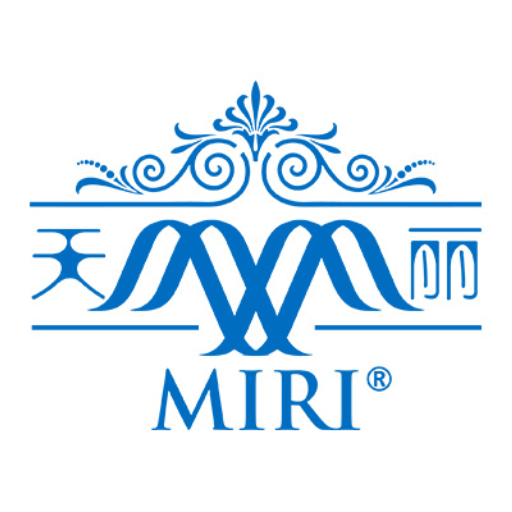Collagen and Cellular Longevity: Unlocking the Science Behind Timeless Beauty
When we think of collagen, glowing skin and joint health typically come to mind. But emerging research reveals this remarkable protein plays a far deeper role in our cellular health and longevity than previously understood. Beyond surface-level beauty benefits, collagen is fundamentally involved in the very process of cellular aging and regeneration, making it a cornerstone of both health and youthful vitality.
The Science of Collagen at the Cellular Level
Collagen is the most abundant protein in the human body, comprising approximately 30% of our total protein content. At the molecular level, it’s a structural protein organized into a unique triple helix structure that provides both strength and flexibility to our tissues. This structure is primarily produced by specialized cells called fibroblasts, which continuously synthesize and remodel collagen throughout our lives.
What makes collagen particularly fascinating in the context of cellular longevity is its role in the extracellular matrix—the intricate network of proteins and carbohydrates that surrounds our cells. This cellular “scaffolding” not only provides physical structure but also serves as critical signaling hub that influences cell behavior, proliferation, and differentiation.
Collagen’s Role in Cellular Communication and Aging
As we age, collagen production naturally declines, and existing collagen fibers become cross-linked and disorganized. This process, known as glycation, occurs when glucose molecules bind to collagen proteins, forming advanced glycation end products (AGEs).These AGEs not only reduce collagen’s elasticity but also disrupt cellular communication pathways.
Research has shown that a well-maintained collagen matrix supports stem cell function and cellular regeneration. When the collagen environment deteriorates, stem cells struggle to differentiate properly, contributing to the visible signs of aging and potentially accelerating age-related cellular dysfunction. This connection between collagen integrity and cellular health explains why maintaining healthy collagen levels is crucial for aging gracefully.
Environmental Factors Impacting Collagen Production
Our modern lifestyles expose us to numerous factors that accelerate collagen breakdown. UV radiation from the sun is perhaps the most significant external aggressor, generating free radicals that directly damage collagen fibers. Environmental pollution, chronic stress, poor nutrition, and inadequate sleep further compound these effects by increasing oxidative stress and reducing our body’s natural collagen synthesis capabilities.
Understanding these factors highlights why comprehensive collagen support goes beyond simple supplementation. Protecting our skin from excessive sun exposure, managing stress, and nourishing our bodies with collagen-supporting nutrients creates an internal environment where collagen can thrive. For those interested in how collagen specifically addresses skin concerns, our previous article on Collagen Decoded: Your Complete Guide to Radiant Skin and Joints offers deeper insights.
The Different Types of Collagen and Their Cellular Significance
Not all collagen is created equal. Humans produce at least 28 types of collagen, each with specialized functions. Types I, II, and III are most abundant and relevant for beauty and wellness:
Type I collagen provides structure to skin, bones, tendons, and ligaments. Type II is found primarily in cartilage, while Type III forms the connective tissue in organs, blood vessels, and muscles. The bioavailability of these different types matters significantly for cellular uptake and utilization, which is why hydrolyzed collagen supplements have shown promising results—they’re broken down into smaller peptides that are more easily absorbed by our cells and incorporated into various tissues.
Nourishing Collagen Production for Cellular Vitality
Supporting your body’s natural collagen production requires a multi-faceted approach. Beyond topical products, internal nourishment is essential. Vitamin C acts as a cofactor for enzymes that stabilize collagen’s triple helix structure, while copper and amino acids like proline and glycine serve as the building blocks for collagen synthesis.
Lifestyle practices that reduce inflammation and oxidative stress—such as regular moderate exercise, adequate hydration, and sufficient sleep—further support collagen integrity. For those interested in the broader context of women’s health as it relates to collagen, our article on The Hidden Connection Between Collagen and Menstrual Health explores additional aspects of this vital protein’s role in women’s wellness.
As science continues to unveil the profound connection between collagen integrity and cellular longevity, it becomes clear that this remarkable protein is far more than just a beauty supplement—it’s a fundamental component of healthy aging at the cellular level. By supporting your body’s collagen production, you’re investing not just in radiance but in the very essence of cellular vitality.
